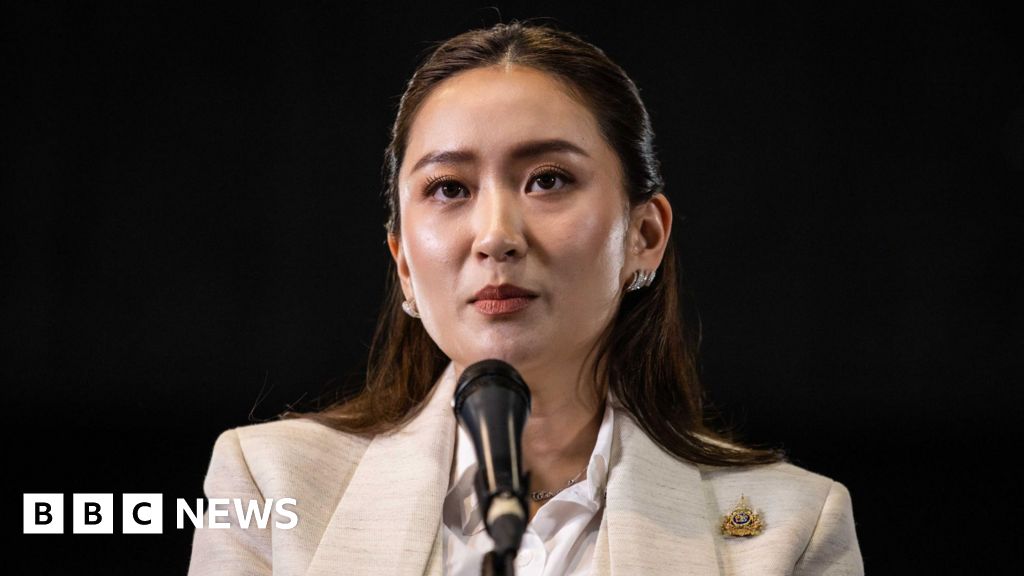
In a significant political shift, Thailand’s prime minister, Paetongtarn Shinawatra, has been removed from office by the Constitutional Court. This development has plunged the nation into turmoil and dealt a heavy blow to the influential Shinawatra political dynasty.
Background on the Dismissal
Paetongtarn was dismissed due to ethical violations linked to a controversial phone call with former Cambodian leader Hun Sen. During this call, which was leaked to the public, she was heard critiquing the Thai military while referring to Hun Sen as “uncle,” amidst escalating tensions along the Thailand-Cambodia border.
The Court’s Decision
On Friday, the court ruled decisively against her, with a 6-3 vote declaring that her actions violated the ethical standards expected from her role. The complex political landscape had already been strained, leading up to this verdict. This ruling marks Paetongtarn as the fifth prime minister to face removal by the court since 2008.
A Political Legacy at Risk
Paetongtarn, the daughter of former Prime Minister Thaksin Shinawatra, acknowledged the court’s decision but maintained that her intentions were to promote peace without resorting to violence. Her dismissal raises questions about the future influence of the Shinawatra family, who have historically played pivotal roles in Thai politics.
Looking Ahead
With her replacement to be selected by parliament, the Pheu Thai Party now faces a challenging road ahead, especially after the withdrawal of support from its main coalition partner, the Bhumjaithai party. Chaikasem Nitisiri, a former justice minister, emerges as the likely candidate to succeed her, but political stability remains uncertain.
As the situation in Thailand evolves, it is crucial to stay informed on developments in both local and global contexts, including the impact on various sectors, such as business and travel. To explore more about how political changes can influence travel plans, visit our Travel Insights page.



